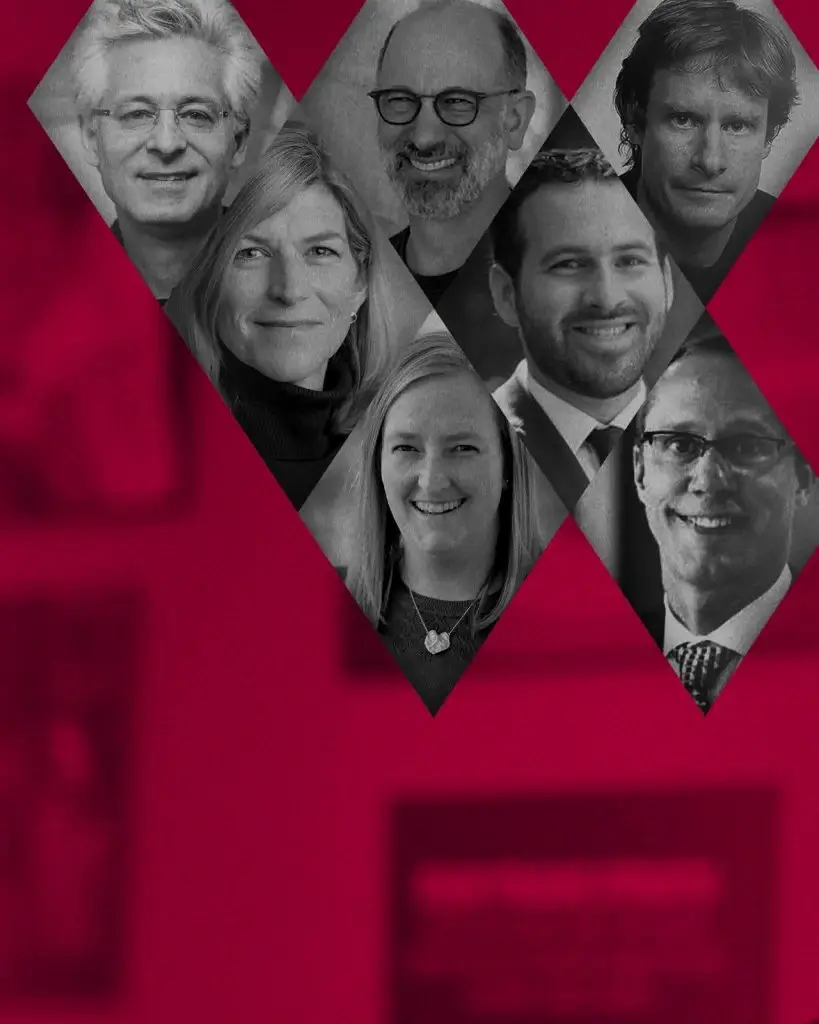Millennials are serious about sustainability—your brand should be too

A recent report uncovers—perhaps not surprisingly—that almost 38 percent of Americans between the ages of 18 and 29 (read: millennials) say climate change should be a factor in deciding whether to have children.
That’s extremely revealing, and companies everywhere should take note. Why? Because if that many millennials view climate change as playing a decisive role in something as serious as having children, what’s influencing their decisions about where they work? What they eat? Where they live?
The report, and more like it, shows that climate change, sustainability, the environment and other social concerns are seriously affecting the behaviors of the millennial demographic, which is one of the largest generations at 75 million strong compared with Gen X’s 65 million.
At this year’s Sustainable Brands conference, Allison Alt, executive director of Social Impact 360, said employers’ policies on diversity, equality and workforce inclusion is an important factor for millennials when deciding where to work.
“The next generation wants meaning in their work, but they want to meet the bottom line too,” she said. “When I talk with business leaders, our alumni are saying they want to be a part of companies that have values that are close to theirs.” In other words, millennials are leaving to find jobs with social impact.
Consider that unclear or opposing brand values influence the company culture and productivity of your employees. When asked what’s most important to millennials and Gen Zers, it comes down to values. Eighty-six percent of young people claimed they’d take a pay cut to work for a company whose values line up with their own.
The annoying excuse of “this is the way we’ve always done it” didn’t work for Gen Xers, and it’s not working for millennials, and now Gen Zers who are entering professional jobs. We’re at a critical point with the climate crisis that requires us to make changes in the way we work, live and operate on a daily basis.
Large corporations have the most potential for impact. And when a government doesn’t support these moral values, business needs to step up to meet employee and customer needs.
A good example of a company that figured out its communication with the millennial and Gen Z generations, is LinkedIn, a mission-focused organization with nearly 14,000 employees globally. Roger Hughes, senior recruiter at LinkedIn, says that communicating responsibility messages is vital to their recruiting process and allows it to attract top applicants.
“More often than not, I interview prospective employees who have researched the company’s culture and social responsibility practices before we’ve met,” he says.
When purpose meets your brand, the effect on your human resources events can make a difference in not only recruiting top talent, but keeping it. Here are three questions to consider during the recruitment process.
- Do your marketing materials clearly communicate your brand’s commitment to the environment and social justice? The strategy of humbly participating in corporate responsibility has gone the way of dot-matrix printing. It’s time to own your purpose and let your stakeholders know what you stand for.
- Are employees offered volunteering and fundraising opportunities? According to Forbes, these activities are factors in retaining talent. In fact, in a study by Benevity, 57% of employees are more likely to stay with a company that offers volunteering and fundraising opportunities.
- Are your sustainability messages communicated through management and all levels of your organization? This ensures messages are consistent, values are spoken at all levels and trust is built with each new potential, new and existing employee.
If this sounds familiar, you must be on your way toward responsible corporate practices. If you can’t answer yes to these questions, it’s time to get serious about how you’re positioning your business for the future.














